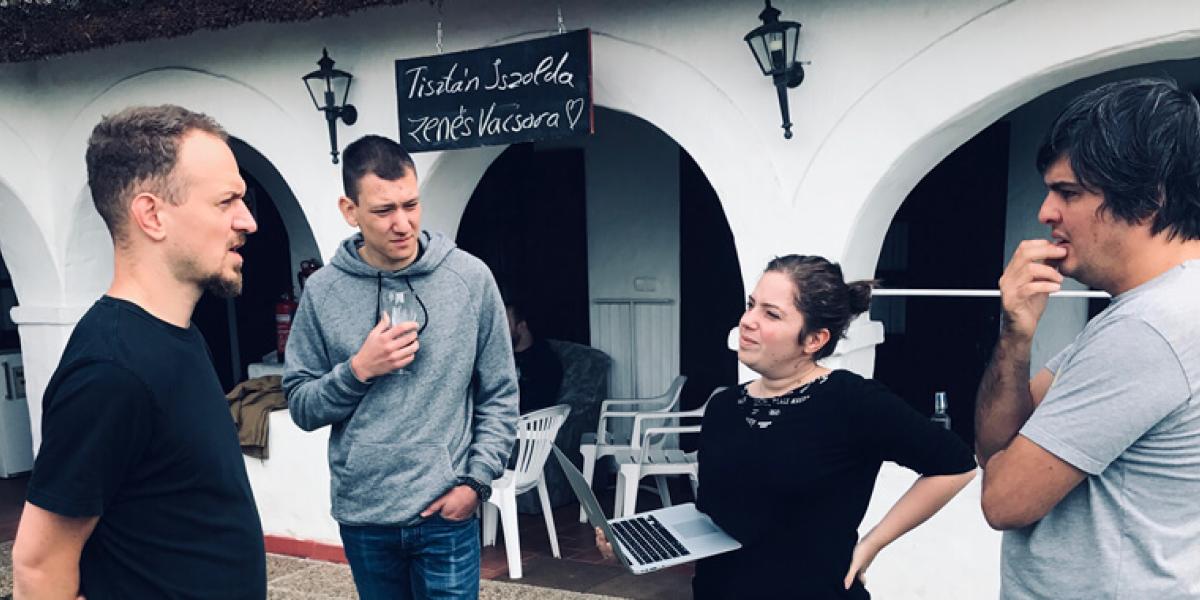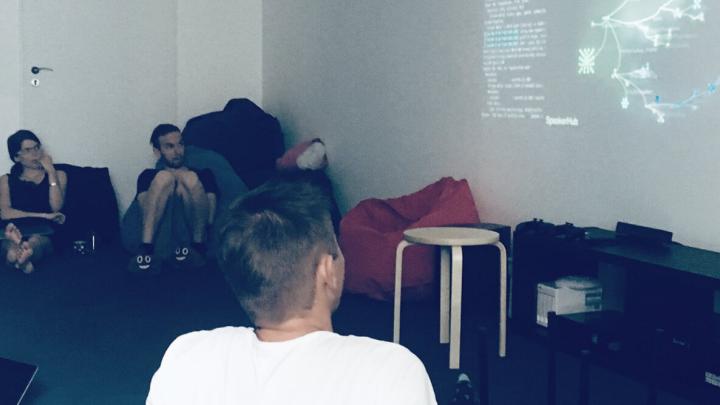
The concept of ''customer need'' is something I have been fighting in vain. It rears its head from time to time. It is not just our problem; it was an ongoing topic in my previous workplaces too. I have never seen a working environment without the excessive desire to please customers by fulfilling all their expectations.
Of course, I can justify the concept. We also manage all the requests our customers formulate, still don't like to use the term ''customer need'' for the goals, use cases, tasks that we figured out together.
However, I don't want to use this term because I am convinced that a clear need is at the intersection of multiple professions. On the customer side, the product owner has to have a comprehensive picture of the industry we are targeting and has to be confident about the services we are supporting with our solution. I don't expect him to understand web, design, and usability. I am curious about his sense of taste, and I do respect his viewpoints and preferences, but I don't treat his needs like unquestionable requirements. That's why "This was the customer's need" will never be my final argument.
What's your desire?
We can satisfy our clients if we give them what they envisioned: user interfaces, which are according to their taste, functionalities developed without criticism. There is no question that we want to please our customers, but there is another way to make them satisfied, a way where we can make use of our expertise too. After all, the designers working at our company have altogether decades of experience on what works well on the web and what does not. They spent thousands of hours designing web interfaces. They see color tones I can never know; they know so many font types - I hardly met just a small fraction of them during my work. It would be a huge mistake to use their knowledge and skills just to blindly follow the instructions, to bring about what the client imagined without any constructive criticism.
At the same time, our client has also spent thousands of hours building their business and ensuring a competitive advantage. We have to map this knowledge again and again during implementation, and we have to select and adapt all the solutions we plan to use so that our customers can have an even more significant impact on the market. If just list all the requirements, include them in the contract so that I can refer back to them as "customer needs," then we will eliminate this essential learning process from our cooperation. In this way, we will exclude the possibility of learning from our customers.
Let's make the logo bigger.
Every time I ask the question to our client what color, what font to use, which variant do they prefer, I push the cooperating parties into a sterile environment. Every time the designer refers to their need to validate the different versions they prepared without adding their arguments, they pave the way to the bitter statements: ''The customer wanted the logo to be bigger. He wanted the site to be blue. This ugly user interface was his need. The customer's need.''
Yes, maybe the client wanted something, he expressed his request but did we argue against it, or we just took it for granted? Did we just make a note, or did we question it? Did we set the proposed solution against the personas we had created together?
According to my experience, most of the clients are open to this critical approach; moreover, they call for it. Regardless of this, as a service provider, the language we use can easily lead to a hierarchical relationship, where designers and developers are focusing too much on fulfilling the customer's requests.
We can establish the common language during the demo days, and joint planning sessions held every two weeks. With appropriate focus, we can build an atmosphere of trust where - instead of making notes of customer needs - we can offer solutions for problems identified together.
Share with your friends!

